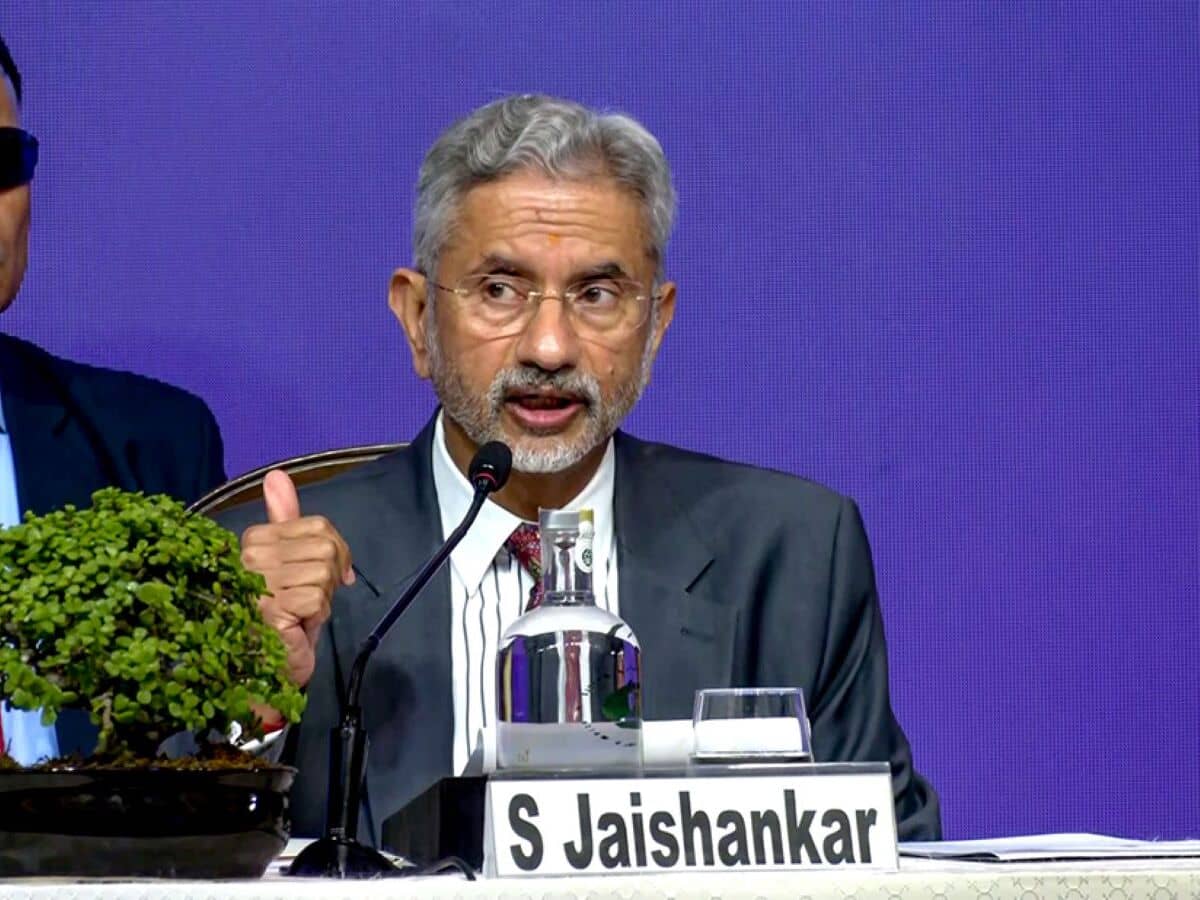
Nagpur: Amid a stand off at the border, China should not expect other relations to move on normally, External Affairs Minister S Jaishankar said on Saturday, January 13.
Diplomacy continues and sometimes solutions to difficult situations do not come in haste, he said while speaking on ‘Bharat’s Rise in Geopolitics’ at an event here, during which he took questions from the audience.
He said the borders between India and China are not mutually agreed and it was decided that both sides would not amass troops and would keep the other informed about their movements, but the neighbouring nation violated this agreement in 2020.
It brought its troops in large numbers to the Line of Actual Control (LAC) and the Galwan incident happened, Jaishankar said.
The EAM said he had explained to his Chinese counterpart that “unless a solution is found at the border, they should not expect other relations to move on normally”.
“That is impossible. You don’t want to fight and do trade at the same time. Meanwhile, diplomacy is going on and sometimes solutions to difficult situations do not come in haste,” he asserted.
Queried on the recent rift with Maldives (after objectionable comments by some officials of that nation following Prime Minister Narendra Modi’s visit to Lakshwadeep), Jaishankar said, “What we are trying to do, and with a lot of success in the last 10 years, is to build a very strong connect.”
“Politics may go up and down but the people of that nation generally have good feelings towards India and understand the importance of having good relations,” he said, adding that India was involved in building roads, power transmission lines, supply of fuel, providing trade access, investing and having people spend holidays in other countries.
These are parts of how a relationship is developed, though sometimes things do not go the right way and one has to reason with people to bring it back to where it should be, the EAM pointed out.
Asked about the United Nations not being able to prevent most wars but some of its members having been successful in denying India a permanent seat in the Security Council, Jaishankar said the UN used to be relevant in the 1950s and 1960s and the five nations in the Security Council used to dominate other countries due to a wide gap between them.
What has happened in the past 30-40 years means it is no longer the case, Jaishankar said, adding the limitations of the UN are now visible and many people believe India, one of the largest economies in the world, must be there (in the Security Council as a permanent member).
He pointed out that no one expected a united outcome post the G20 meetings held last year under India’s presidency but “we managed”.
“Every passing year, the world feels India should be there but the world does not give things easily and generously. ‘Kabhi kabhi lena padta hai’ (sometimes we need to step forward and take it). We will keep moving on,” the EAM said.
Asked about the large number of Indians surrendering their passports to settle abroad despite India being the fifth largest economy in the world, Jaishankar said it was a personal choice.
“In a democracy, you have to accept some individual choices because that is the nature of life. But the best answer is how we can provide more and better employment opportunities in India,” he said.
Jaishankar added that one should not look at people moving abroad in the negative sense since it is a matter of pride that in sectors like hospitality, aviation, shipping etc Indians are willing to take employment to contribute.
“Because wherever they work, its is a plus point for us,” he claimed.



